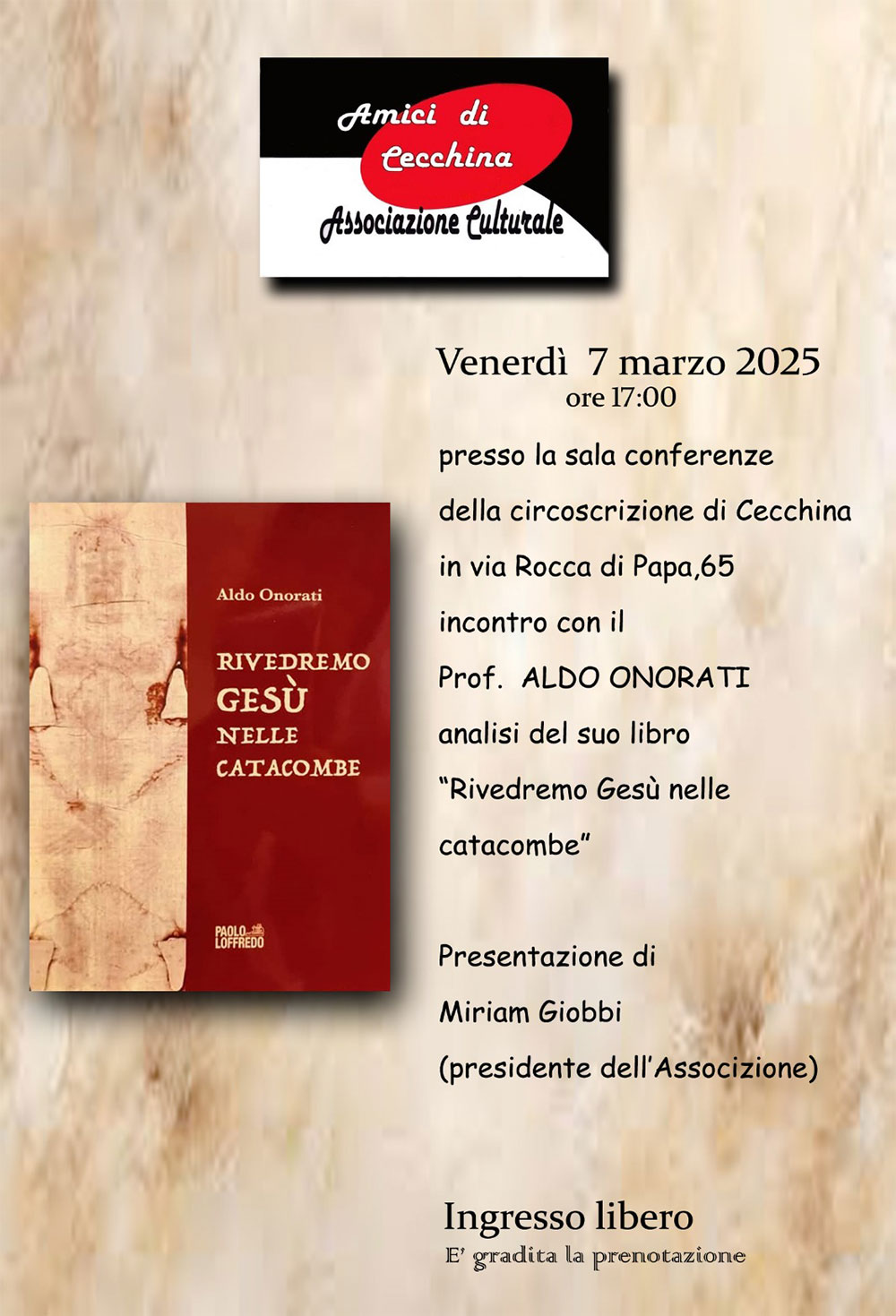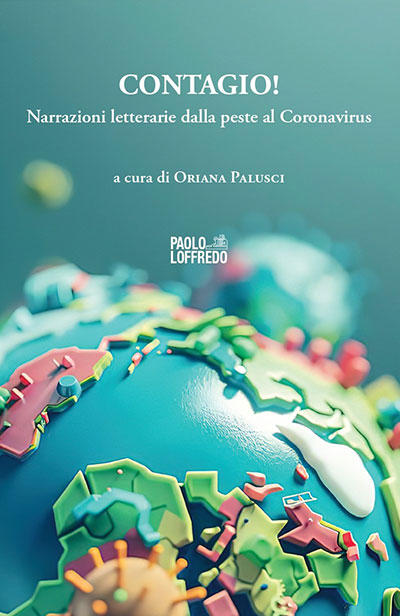 Paolo Loffredo, sixth generation of a large family of publishers and booksellers engaged in the production and distribution of books since the late nineteenth century, creates in 2012 the new editorial company Paolo Loffredo Editore. The historical site was until the '80s in the heart of the historic centre of Naples in Via San Biagio dei Librai, lower Decumano and also known as the SpaccaNapoli.
Paolo Loffredo, sixth generation of a large family of publishers and booksellers engaged in the production and distribution of books since the late nineteenth century, creates in 2012 the new editorial company Paolo Loffredo Editore. The historical site was until the '80s in the heart of the historic centre of Naples in Via San Biagio dei Librai, lower Decumano and also known as the SpaccaNapoli.
At the beginning of the twentieth century, Giuseppe Loffredo decided to add book selling to the book production, which definitively imposed itself after World War II with the publication of manuals for the University and for the School that succeeded in establishing themselves soon throughout Italy.
LAST EVENT
"Rivedremo Gesù nelle catacombe"
07 Marzo 2025 - Sala Conferenze circoscrizione di Cecchina - via Rocca di Papa 65, Albano Laziale (RM) - ore 17,00

PARLARE O TACERE? ULTIMI SCRITTI - LETTURE, TEORIA, STORIA
Language: Italian
Publisher: Paolo Loffredo Editore Srl

Description
CONTAGIO!
Narrazioni letterarie dalla peste al Coronavirus
The volume collects the contributions of the multidisciplinary conference held in 2021, on the initiative of the SSML internazionale of benevento, regarding literary narratives from the plague to the coronavirus. it was then in the midst of the pandemic that had hit the world. after presenting the historical bases of the discourse, the collection of essays examines a series of novels, stories, poems, memoirs belonging to french, english, italian, romanian, hungarian, american, colombian, indian, south african authors. the contributions, written respectively in italian, english or french, analyze the work of writers who deal with epidemics from Daniel Defoe to E.A. Poe, from Albert Camus to Gabriel García Márquez, from Philip Roth to Amitav Ghosh, from war diaries to manzoni revisited by the italian media, without neglecting a gender perspective.
While investigating the most terrible consequences of the contagion on family, social, political and economic relationships, literature offers potential ways out. Literary narratives elaborate testimonies and forms of representation capable of resisting the spread of the disease. in fact, the polyphony of voices present in this volume confirms the therapeutic power of literary languages.



